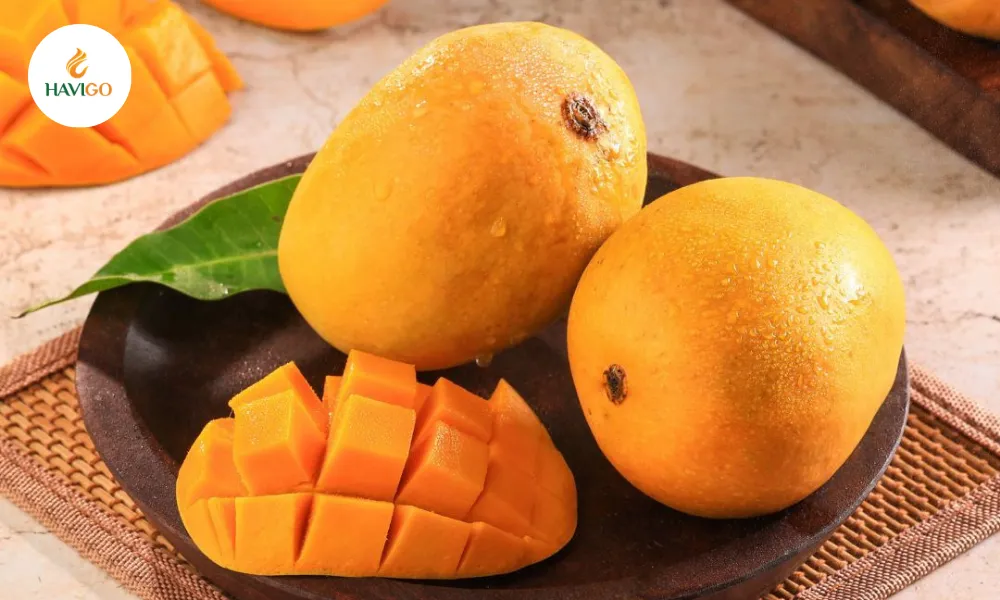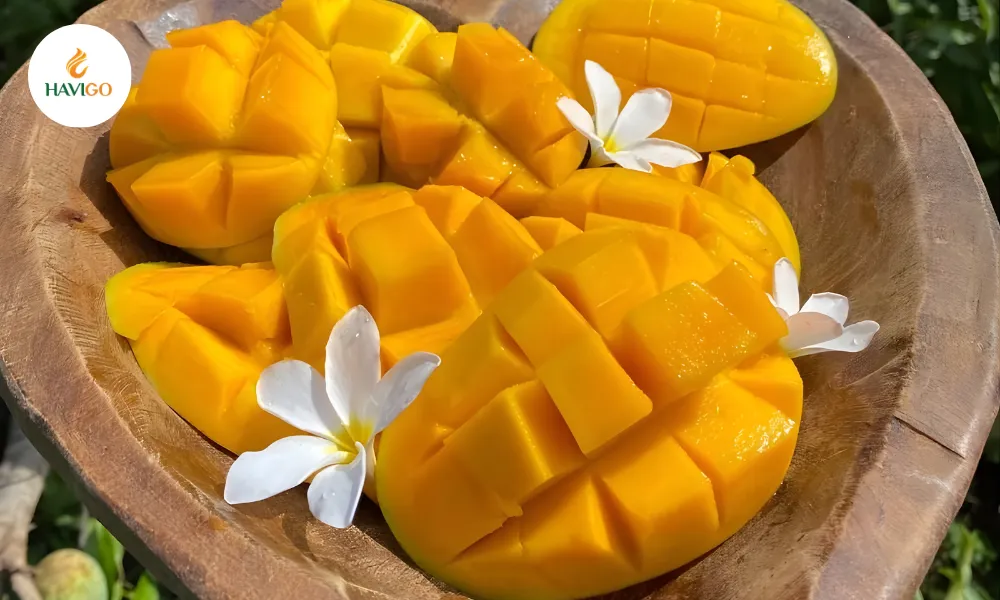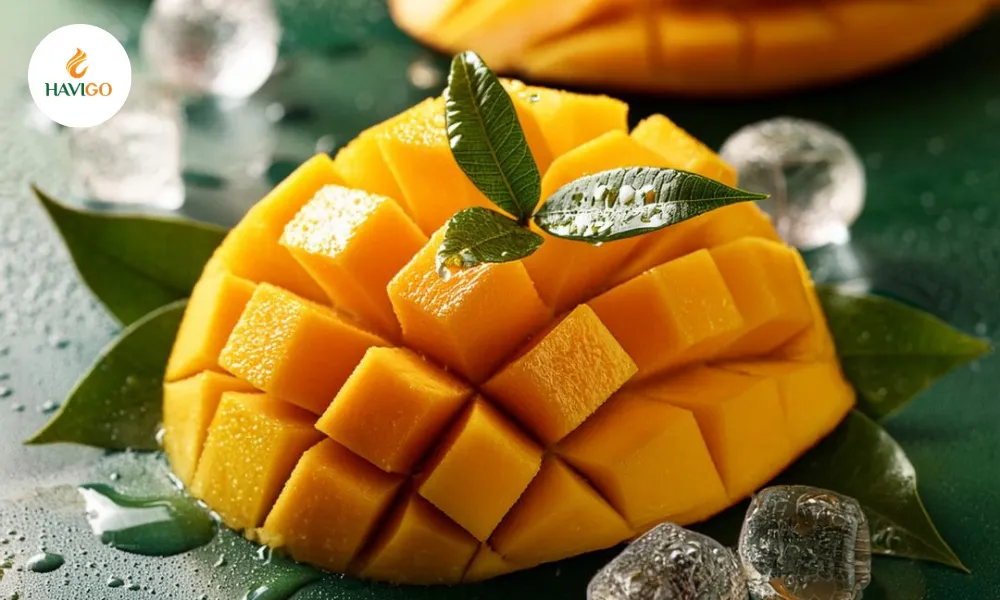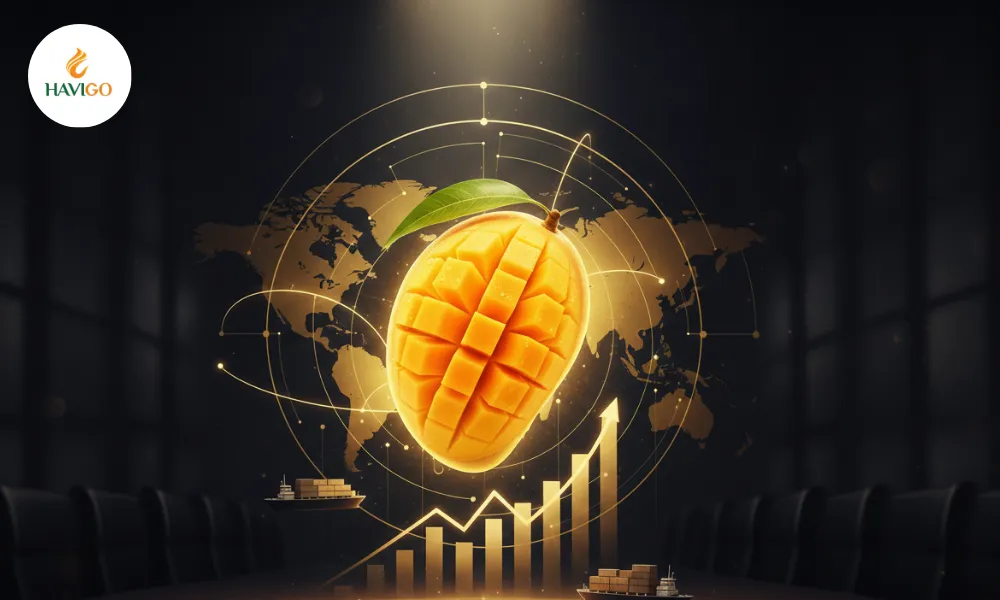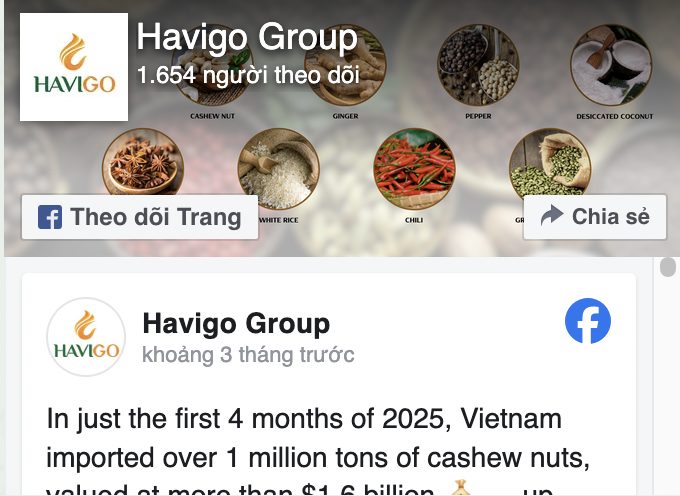Desiccated coconut, the versatile dried and shredded flesh of coconut, has become a common ingredient in kitchens. Vietnam is a country with ideal growing conditions and a long history of coconut cultivation. Vietnam is now a top desiccated coconut producer, but sustainability and quality are key to staying on top. This post explores the practices Vietnamese producers are implementing to achieve both sustainable growing and high-quality desiccated coconut.
1. Sustainable growing Coconut in Ben Tre
Cultivating a sustainable future is not just a buzzword for the Vietnamese coconut industry; it’s a necessity. So farmers prioritize eco-friendly practices. They conserve water with smart irrigation and rainwater harvesting. This not only conserves this precious resource but also helps ensure its availability for future generations. Organic fertilization is also on the rise, with producers turning to compost and manure to promote soil health and minimize reliance on synthetic fertilizers that can have unintended consequences for the ecosystem. Farmers use natural pest control instead of harmful chemicals. Therefore, soil health is boosted through organic fertilization while intercropping benefits both farmers and the environment. Finally, intercropping, the practice of planting other crops alongside coconut trees, provides additional income for farmers while promoting biodiversity and helping suppress weeds naturally.
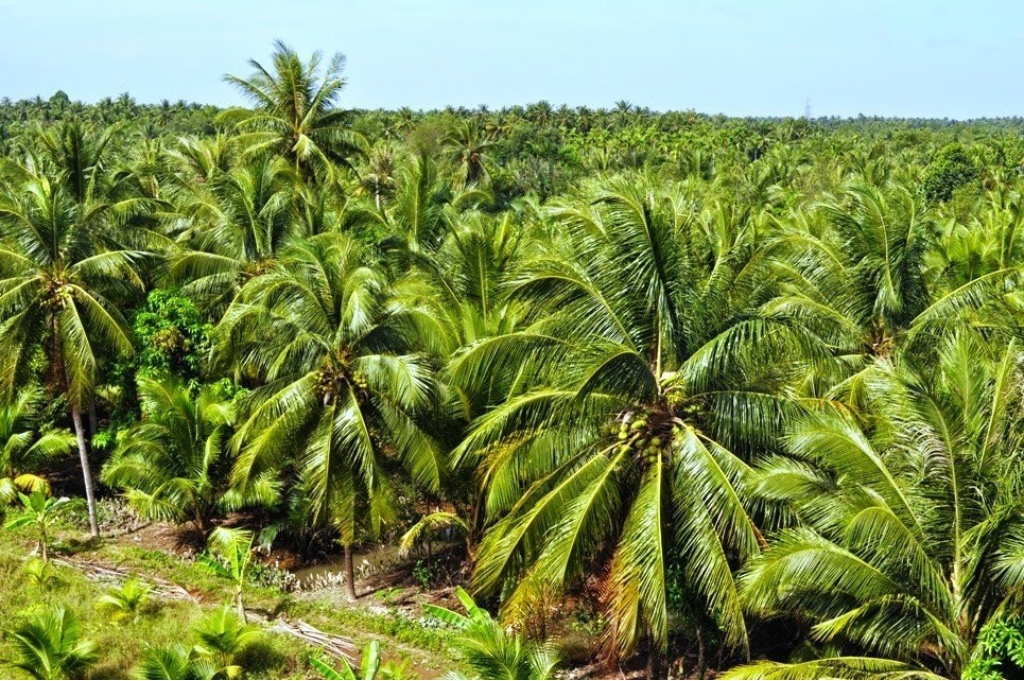
2. Desiccated Coconut – Focus on quality
Maintaining the highest quality is a principle of the Vietnamese desiccated coconut industry. They choose the best coconut varieties, ensuring optimal yield and flavor. Farmers monitor maturity and harvesting carefully. They harvest coconuts at the optimal time to ensure the moisture content and flavor. Once harvested, it follows strict hygiene throughout the processing stages, from coconut husking to drying and milling. So you can ensure the quality of desiccated coconut because it qualifies for certificates like HACCP, BRC, and ISO.
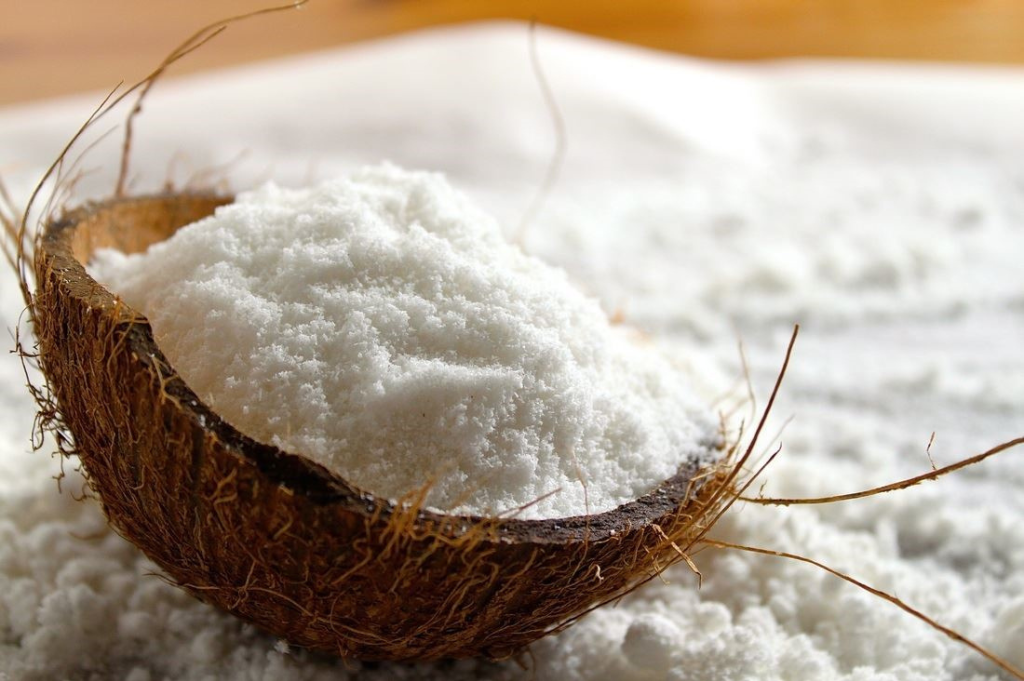
3. Exporting advantages of Vietnam Desiccated Coconut
These efforts benefit everyone. Sustainable practices protect the environment, while quality ensures a consistent product. Certifications open new markets and build trust, allowing Vietnamese producers to reach more markets. Since people can’t produce desiccated coconut in Europe, these countries import this product in large amounts. Europe imports desiccated coconut diversely and the three largest importers (Netherlands, Belgium, and Germany) account for less than 50% of total European imports. Besides, the US and Bangladesh are the markets with high demand for desiccated coconut.
In conclusion, by prioritizing both sustainability and quality, Vietnam’s desiccated coconut industry is thriving. They offer the world a high-quality, responsibly sourced product, securing a bright future for Vietnamese coconuts.
Havigo Company Limited operates in the field of agricultural export. We wish to bring high-quality Vietnamese agricultural products such as spices, rice, beans, and fruits… to the world. If you find interest in importing Desiccated Coconut from Vietnam, please get in touch with us for better support via WhatsApp: +84 979 58 58 56.

